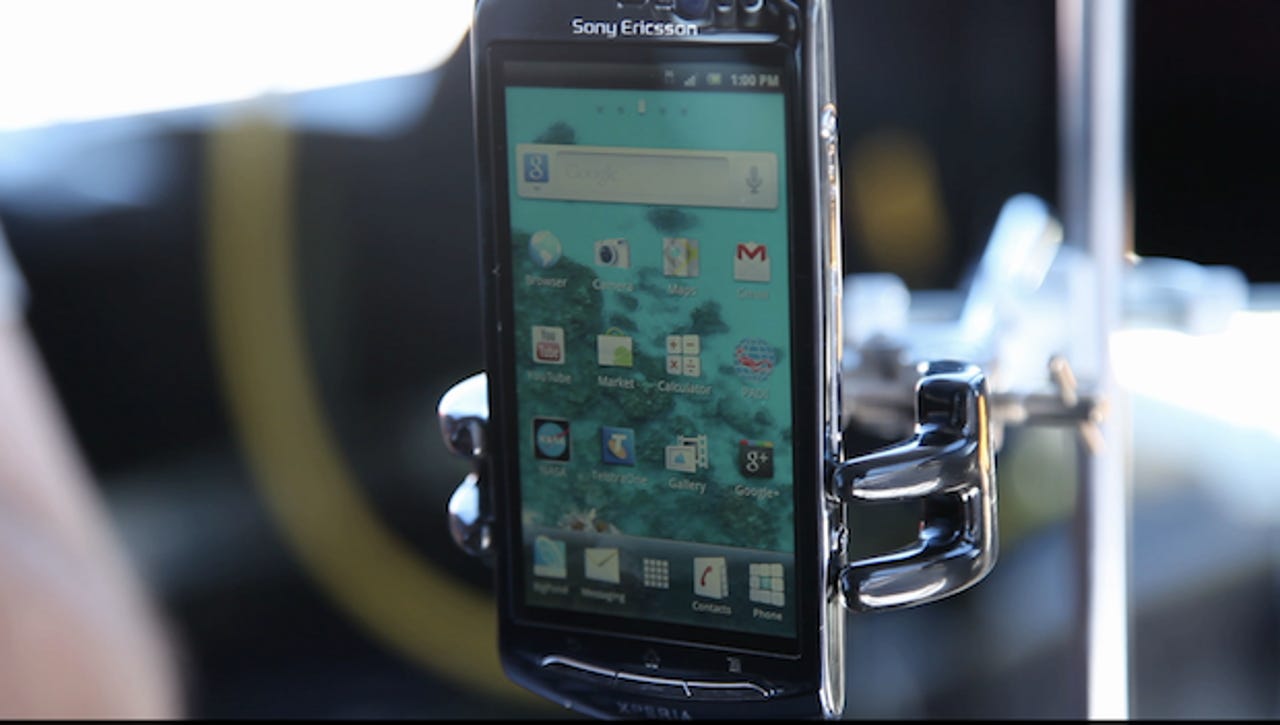Google tests voice search under the sea


Google Android handset
Google recently asked several members of its Chrome team to go on a search under the sea, not for the lost city of Atlantis, but for things like currency conversions and weather forecasts.
Google Australia engineers Noel Gordon and Alice Boxhall travelled to the Great Barrier Reef, armed with notebooks and their Android-powered Sony Ericsson Experia smartphone, to see if they could get search terms requested by voice working underwater.
The experiment worked by mounting the handset on a retort stand (above).
Transducer on ship
Meanwhile, a transducer relayed the voice of a diver looking for a coffee shop, for example.
On the boat, engineers record the results
On the boat, engineers recorded the results.
Google Australia said it can take what it's learning from these tests and apply it to desktop search, giving users new ways to find things and eliminate the barrier of spelling, accents and background noise.
Diver
The diver above reports a successful test after a search. The search terms included queries such as "what is a transducer?".
Work done by the researchers should also feed into the "mobile first" vision announced by former Google chief Eric Schmidt, in which the search giant's mobile fleet gets innovative new tech first. Google Australia said that voice search is a way of making the Android phone smarter. By giving it speech recognition capabilities and hooking it up to a brain the size of the internet, Google can unlock a better way to search.
Google researchers in caves
However, voice searching from the deep blue sea isn't enough for Google Australia. The company is also looking to compensate for high background noise like echoes or wind while voice searching. To this end, its researchers also embarked on a trip to a cave system to test the feature.
Google Australia told ZDNet UK's sister site ZDNet Australia that its next exotic search tests would take place in the desert.
This story originally appeared as Google's deep sea search tests: photos on ZDNet Australia.
Get the latest technology news and analysis, blogs and reviews delivered directly to your inbox with ZDNet UK's newsletters.